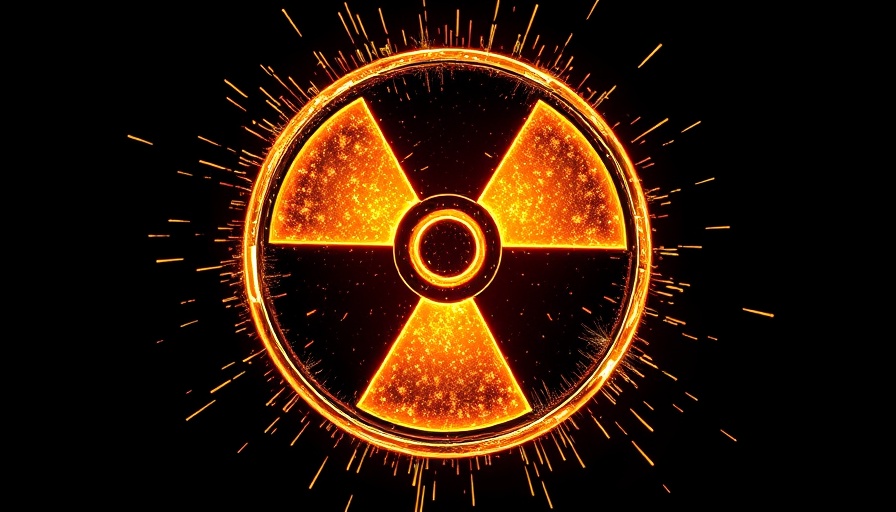
Reimagining Nuclear Waste: A Sustainable Solution
With Europe accumulating nuclear waste over decades of energy production, finding a sustainable option to manage this hazardous byproduct has become increasingly urgent. Thorizon, a Franco-Dutch startup, presents a groundbreaking concept that attempts to convert this waste into a valuable energy resource. Utilizing the decay of fissile materials in spent nuclear fuel, Thorizon aims to develop a small modular molten salt reactor (MSR). This technology is designed to safely harness the energy contained in nuclear waste while simultaneously addressing the disposal dilemma that has long perplexed the industry.
The Promise of Molten Salt Reactors
Molten salt reactors have garnered attention for their safety and efficiency. By using a mix of thorium—an underutilized nuclear fuel—and spent fuel, Thorizon is on a path to light up homes sustainably. Once Thorizon constructs its first reactor, aptly named Thorizon One, by 2030, it expects to generate 100 megawatts of electricity, sufficient to power approximately 100,000 homes or essential infrastructure, such as data centers.
Transforming Waste into Watthours
CEO Kiki Leuwers emphasizes, "We’re not just building a new type of reactor — we're rethinking how we use the fuel we already have." This highlights the company’s approach of reframing nuclear waste from a burden into a resource, thus maximizing the potential of existing materials. As Europe’s energy landscape evolves and more nations transition towards sustainable solutions, Thorizon may well lead the way in integrating nuclear technology into the renewable energy portfolio.
The Broader Context: Nuclear Power and Renewable Energy
The initiative by Thorizon reflects a growing recognition of the need for nuclear energy to complement renewable sources in achieving a sustainable future. Nuclear energy is often overlooked due to safety concerns; however, advancements in technology can mitigate many of these risks. By effectively utilizing spent fuel, countries can benefit from a more stable and reliable energy source that minimizes dependency on fossil fuels.
Future Insights: Which Countries May Follow Suit?
As the European Union works to meet stringent climate targets, other countries may closely observe Thorizon’s progress. The model being piloted by Thorizon could potentially be replicated in regions with vast stockpiles of nuclear waste. Nations such as the United States, Russia, and China, with extensive nuclear facilities, might explore similar frameworks to manage their own waste challenges and enhance energy security.
Decision-Making in the Energy Sector
For executives in digital transformation and energy sectors, Thorizon's venture signals a pivotal shift in energy options. It raises questions around sustainability and ethical responsibility regarding energy production and waste management. Should more organizations invest in similar technologies? Can companies leverage new advancements to not just comply with regulations but to innovate within the market?
Considering the impending energy demands and the risks posed by climate change, embracing such innovative approaches that convert waste into energy is an avenue ripe for exploration. The implications for business productivity, sustainability, and overall energy strategy cannot be overstated.
 Add Row
Add Row  Add
Add 




Write A Comment